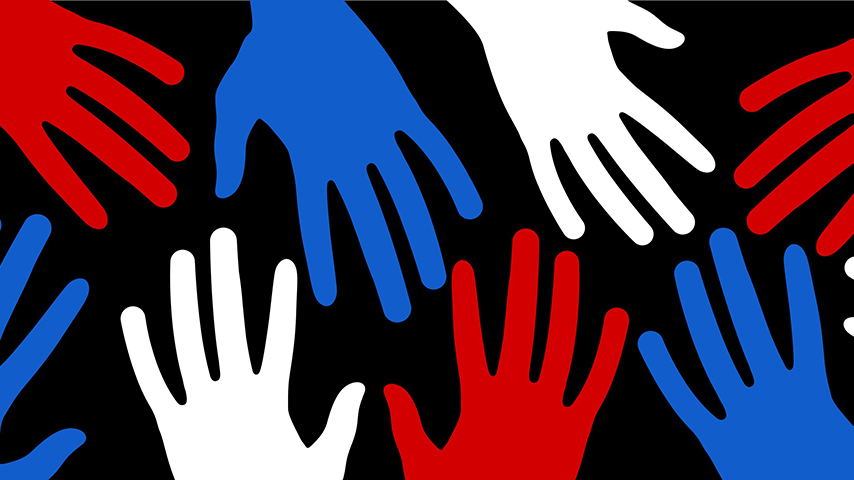Allyship: Embracing Inclusion
Allyship: Embracing Inclusion


As we move toward a more diverse and equitable workforce, it’s important to ask: how can I help?
This is an essential question, and one that leads to the topic of allyship. A culture rooted in DEI requires colleagues to stand in solidarity and work together to uplift marginalized voices.
Allyship is more than acknowledging diversity; it means taking action and advocating for change. By committing to being active allies, we contribute to the growth and development of all our colleagues, regardless of their background, race, ethnicity, gender, sexual orientation, ability, or any other characteristic.
Being an active ally is an ongoing learning process. We must continually educate ourselves and seek to understand the experiences and challenges faced by marginalized individuals. This involves listening, reading, attending workshops, and engaging in open conversations about DEI topics. We should approach learning with an open mind and a genuine desire to grow.
We can all work toward being active allies by:
- Amplifying Marginalized Voices: Use your privilege and influence to lift up the voices and perspectives of marginalized individuals. Ensure their opinions are heard and valued in meetings, discussions, and decision-making processes.
- Fostering Inclusive Spaces: Actively create and maintain inclusive spaces where everyone feels safe, respected, and encouraged to share their ideas and experiences. Challenge biased or discriminatory behaviors and language when you witness them.
- Engaging in Empathetic Listening: Practice active and empathetic listening when engaging in conversations about DEI topics. Show genuine interest, ask questions to gain understanding, and validate the experiences and emotions of others without dismissing or minimizing them.
- Educating Others: Share the knowledge you have gained and encourage others to educate themselves about DEI issues. Engage in respectful dialogue, challenge misconceptions, and inspire others to embrace allyship.
- Using Privilege to Advocate: If you hold positions of power or influence, leverage that privilege to advocate for equitable policies, practices, and opportunities. Use your voice to address bias and work towards creating a fair and inclusive environment for all.
- Taking Responsibility: Recognize that allyship is an ongoing commitment and accept responsibility for your own growth and learning. Be open to feedback, acknowledge and correct your mistakes.
- Engaging in Self-Reflection: Regularly reflect on your own biases, assumptions, and privileges. Understand how they might impact your interactions with others and commit to challenging and unlearning them.
To learn more, see our video showcasing our diverse colleagues (and fellow allies) at ASME:
With regards
Thomas Costabile, P.E.
ASME Executive Director/CEO




